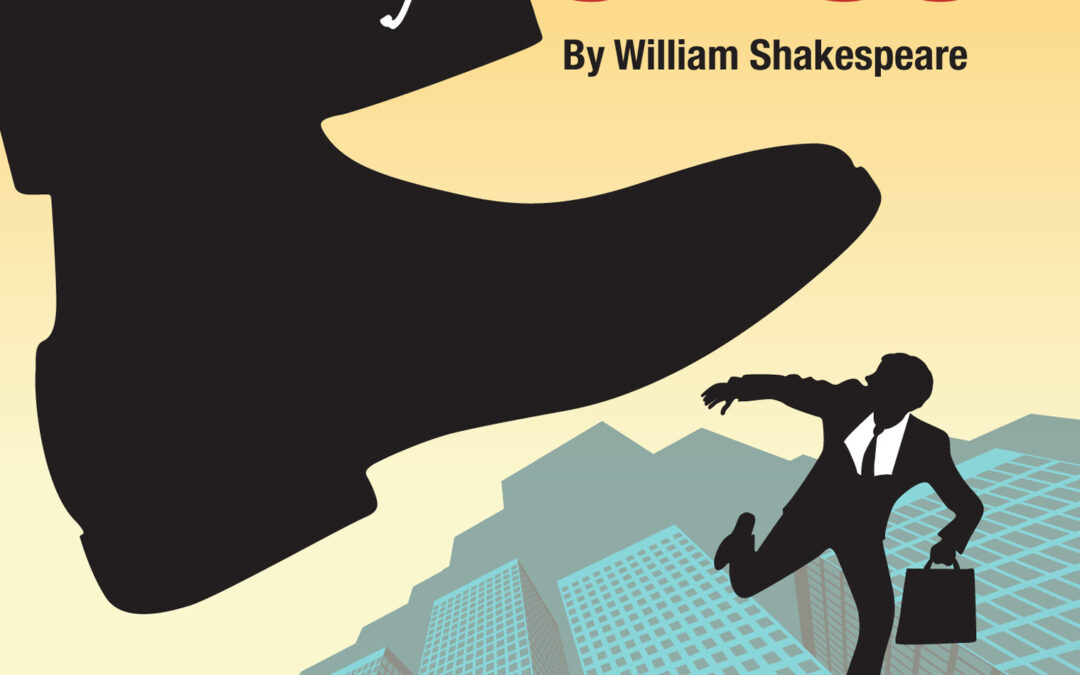
by Brian | Jul 14, 2012 | Blog, The Merchant of Venice
Doing a little catch up on the blog today. We’ve had some great coverage for our production of The Merchant of Venice. Starting with this article in our paper of record, The San Francisco Chronicle:
“Bousel notes that while the famous “quality of mercy” speech is one of the most articulate arguments for common decency ever written, the irony of the play is that common decency is noticeably lacking from beginning to end, which is perhaps why directors tend to shy away from producing it.”
Read the whole article here!

by Brian | Jul 9, 2012 | Blog, The Merchant of Venice
Photos are by Jay Yamada, and were shot at our final dress rehearsal.
To download a high-resolution photo, click on an image. Then right click and “save image as”
[nggallery id=7]

by Brian | Jun 24, 2012 | Blog, The Merchant of Venice
As a special, sneak-preview to The
Merchant of Venice, check out this unedited version of director Stuart Bousel’s note to the audience. A shorter version will be in the program, but read on to get some great insight on Bousel’s take on the play, and what to expect from this rarely produced, but essential, play. Tickets are now
on sale here!

When I read Merchant of Venicein high school I remember being righteously indignant about it, at least partly because I was a teenager and wanted the whole world to know how liberal and accepting I was. The irony, of course, was that in my push to be liberal and accepting, I failed to actually give the play a chance, or see past the uncomfortable parts to the merit of the work. My fellow students reacted similarly, and our conversations were about how much we hated the play, rather than what it might actually be about. Years later, I visited my old teacher and when she mentioned she was teaching Merchant again. I asked why. Her response: “Book clubs are for literature appreciation; English class is for developing critical thinking skills.”
In 2008, I put together a staged reading of Merchantto raise funds for the legal battle against Prop 8 and I know my text selection was due to my teacher’s remark. I wanted a play that could articulate all the anger I felt but also make a plea for rational and productive reactions, instead of encouraging more hatred back. Following the passing of Prop 8, I had been astounded by all the socially liberal men and women I knew who were so quick to look for blame and usually placed it along race and class lines. People who should have known better said things like, “It was the Asians! It was Latinos! It was the Christians! It was the lower class!”, probably never realizing how much they sounded like the people they felt had wronged them. But an “us vs. them” mentality runs rampant when we forget that each person should be treated as an “I” and a “you.”
Venice in the 16th century was a cosmopolitan melting pot of pirates, slaves, courtesans, fortune-seekers, businessmen, new wealth and old money, in addition to Eurpean, Asian and African cultures. Like the modern USA, many of those groups didn’t co-exist peacefully, and their values often clashed. Merchant isn’t a play about Jews any more than it is a play about homosexuals, women, princes, servants and traders- all of which are depicted. Merchant is a play about modern society, and it’s the first I can think of that recognizes that the modern state is defined by diversity of thought and the inherit pressure on the individual to either commit to the role they’ve been born into or carve out a new one of their own. The individuals of Venice exist in a constant social turmoil defined by selfishness and generosity, forgiveness and revenge. The play is about what drives us to choose one over the other, and how everyone has it in them to choose either or both.
Spoiler Alert: I made several cuts and changes for my production of Merchant, to make the show more accessible to modern audiences. Most of the changes are minor, but there is one worth noting: in the trial at the end of the play, the character of Antonio is offered the chance to forgive Shylock’s attempt on his life. He does, and then quite infamously makes Shylock convert to Christianity. In our time it is hard for an audience to witness this and not condemn Antonio. What he’s doing is wrong, but when this play was written, Antonio’s action would have been perceived as benevolent: he leads Shylock to God’s grace. I have cut the two lines referencing the forced conversion so that a modern audience could experience the play’s themes of forgiveness sans the taint of medieval anti-semetism. Thus, for all this production’s contemporary trappings, our Merchant is spiritually closer to the romantic comedy it was in the early 17th century.




